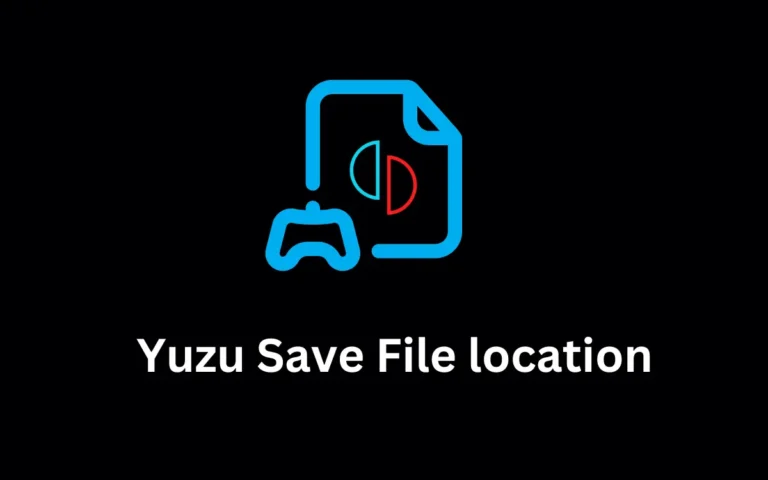How to Enhance Team Collaboration in Remote Work Settings
Key Takeaways:
- Understand the importance of communication and collaboration tools in remote work.
- Learn practical strategies for managing remote teams.
- Gain insights on maintaining team morale and productivity remotely.
- Discover how to create a strong remote work culture.
The Importance of Collaboration Tools
Remote work has become the norm for many businesses worldwide, requiring a significant shift in how teams collaborate. The need for efficient collaboration tools has never been greater. Communication and project management tools, including recruitment applicant tracking systems, have proven invaluable for maintaining cohesion and productivity across dispersed teams. These tools can streamline various processes, from hiring to project completion, ensuring every team member is on the same page.
Platforms facilitating real-time communication, file sharing, and project management can dramatically improve efficiency and teamwork. For instance, software solutions provide dedicated channels for different projects, enabling instant messaging and quick updates. Some offer robust project management features, such as task assignments and progress tracking, which allow team members to stay aligned with deadlines and objectives. By consolidating communication and task management in a single platform, these tools reduce the chaos often accompanying remote work, leading to a more organized and productive environment.
Effective Communication Strategies
Clear and consistent communication is the cornerstone of any successful remote team. Utilizing a combination of video conferencing, instant messaging, and project management software helps overcome the typical communication barriers associated with remote work. For instance, holding weekly video meetings can ensure everyone is informed about the latest developments and has the opportunity to share their thoughts. This practice enhances mutual understanding and drives engagement among team members. Frequent and open communication can prevent misunderstandings and ensure everyone feels included, promoting a sense of belonging.

Implementing Structured Communication
Structured communication strategies, such as daily stand-up meetings or bi-weekly check-ins, help maintain a consistent rhythm and keep everyone updated on project status. Setting clear agendas for these meetings and following up with action items ensure that objectives are met and tasks are completed on time. Additionally, written communication should be brief and straightforward to avoid any ambiguities that could lead to delays or errors. Utilizing project management tools to facilitate these communications can also provide a centralized location for all project-related discussions and documents, making it easier for team members to find the information they need when they need it.
Maintaining Team Morale and Productivity
Keeping the team motivated is crucial for sustaining productivity, especially in remote work. Regular check-ins, virtual team-building activities, and recognizing individual contributions can significantly boost morale. Employee recognition and appreciation correlate with increased engagement and productivity. Recognizing team members’ efforts can make them feel valued and appreciated, boosting their morale and productivity.
Recognition and Incentives
A system for acknowledging and rewarding achievements can go a long way in upholding team spirit. Whether through public recognition during virtual meetings, sending personalized emails, or offering virtual badges and awards, showing appreciation makes team members feel valued. This practice motivates employees to continue performing their best, knowing their hard work is noticed and appreciated. Additionally, incentives such as gift cards or additional time off can encourage team members to go above and beyond their usual responsibilities.

Virtual Team-Building Activities
Organizing virtual activities can also strengthen team bonds and foster a sense of unity among remote workers. From online games and quizzes to virtual coffee breaks and happy hours, these activities provide a break from routine tasks and encourage a sense of camaraderie. They present opportunities for team members to interact in a relaxed setting, fostering better relationships and improving overall team dynamics. These activities can also help mitigate remote workers’ isolation, providing a social outlet to enhance their overall job satisfaction.
Building a Strong Remote Work Culture
Creating a robust remote work culture requires intentional effort and focusing on several key areas. Encourage open communication, promote a healthy work-life balance, and offer flexibility to accommodate different working styles. Companies highlight that a positive remote culture improves team cohesion and productivity. A strong culture can be a glue that holds the team together, even when they are physically apart.
Open Communication and Transparency
Fostering an environment where open communication is valued can significantly reduce feelings of isolation among remote workers. Transparency in decision-making and involving team members in discussions about company goals and changes can make them feel more inclusive and motivated. Regularly sharing updates about the company’s performance, upcoming projects, and any changes in policies or procedures can keep everyone informed and aligned with the company’s objectives.
Promoting Work-life Balance
EncouragingIt’s employees to maintain a healthy work-life balance is vital, especially when working from home can blur these lines. Instituting policies that discourage overwork and promote regular breaks can help prevent burnout. Providing mental health and wellness resources, such as access to virtual fitness classes or counseling services, can further support team well-being. Encouraging employees to take time off and disconnect from work during non-working hours can also help them recharge and return to work with renewed energy and focus.
Flexibility in Working Styles
Every team member’s unique working style should be respected and accommodated. Some prefer early mornings, while others are more productive in the evening. Offering flexible working hours allows team members to work at times when they are most productive, leading to better performance and satisfaction. Trusting in your team’s ability to manage their time effectively and providing them with the autonomy to do so can empower them to take ownership of their work and deliver their best results.
FURTHER READING
- Step Into the Future: Why Your Cafe Needs a Self-Service Kiosk!
- Yuzu Prod Keys v18.0.0 Free Download Latest 2024





